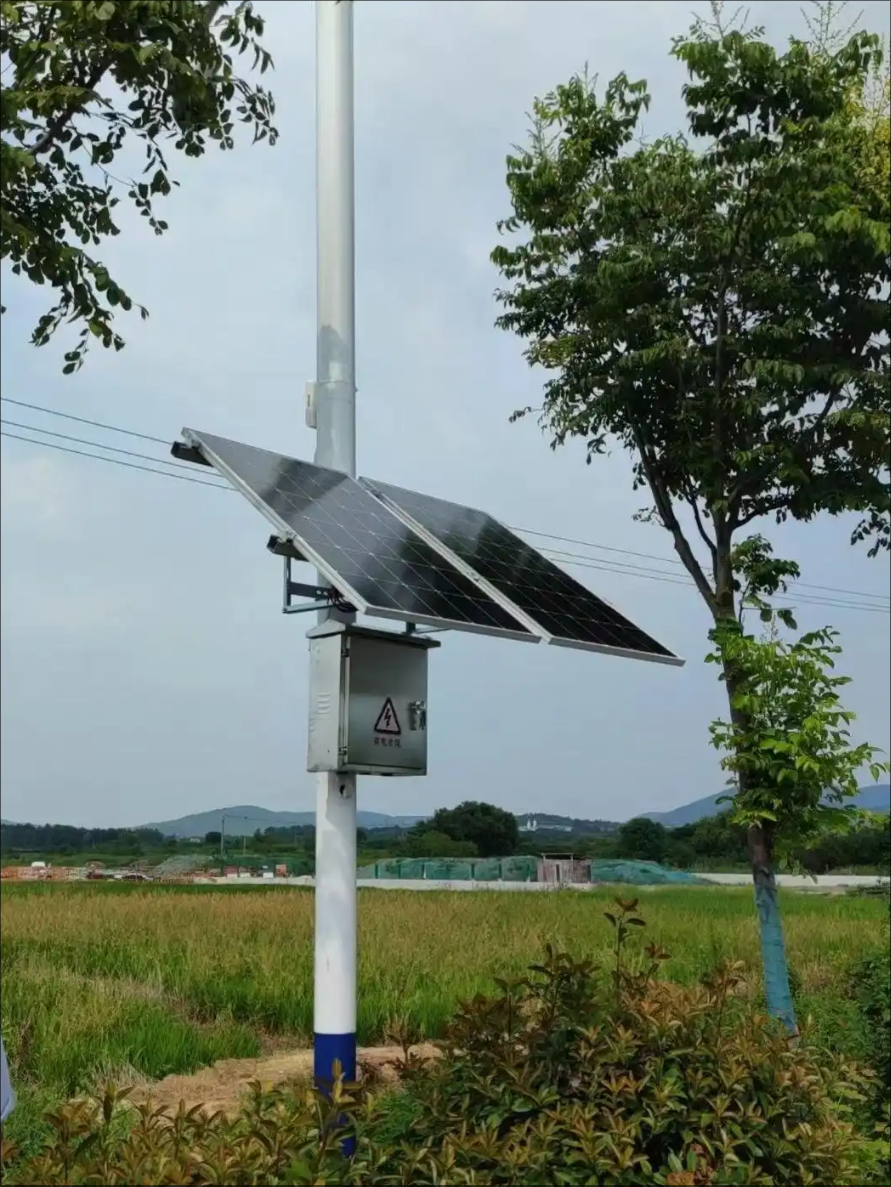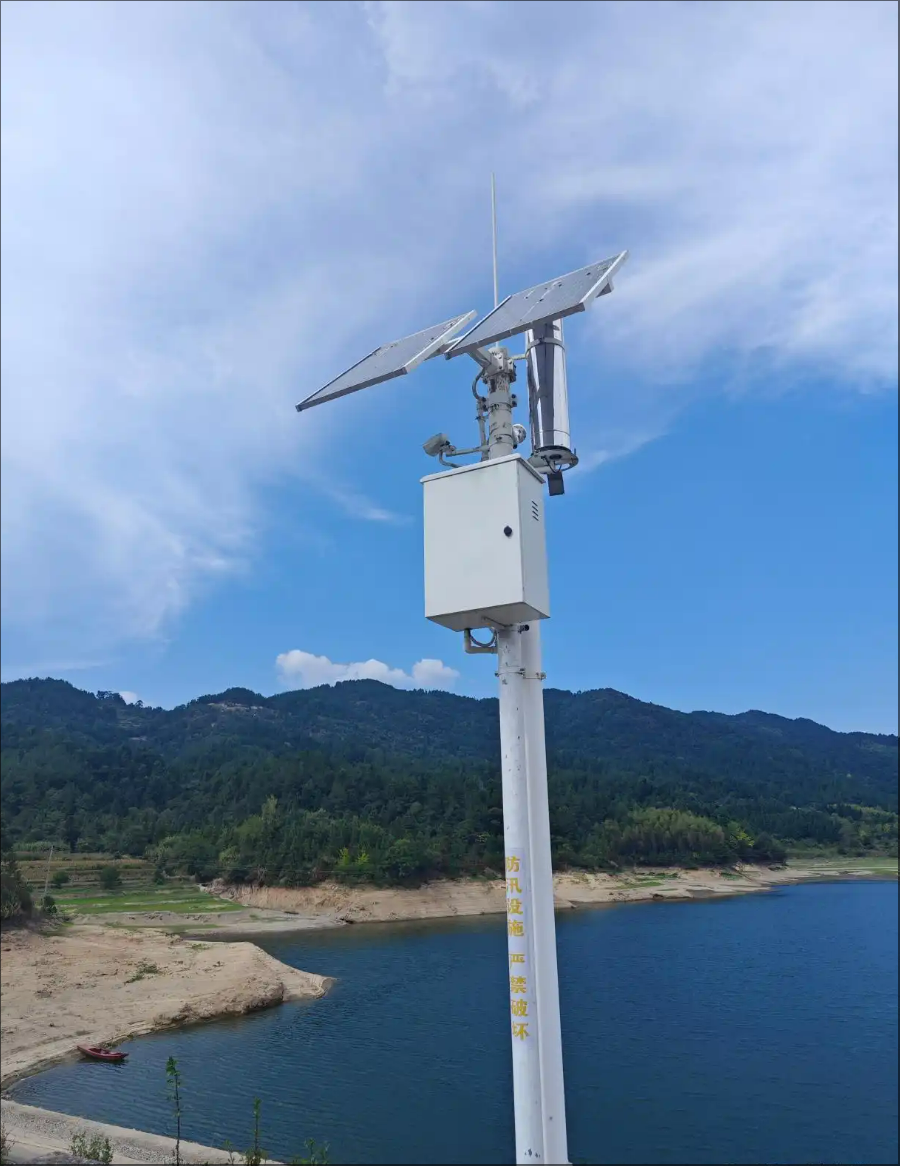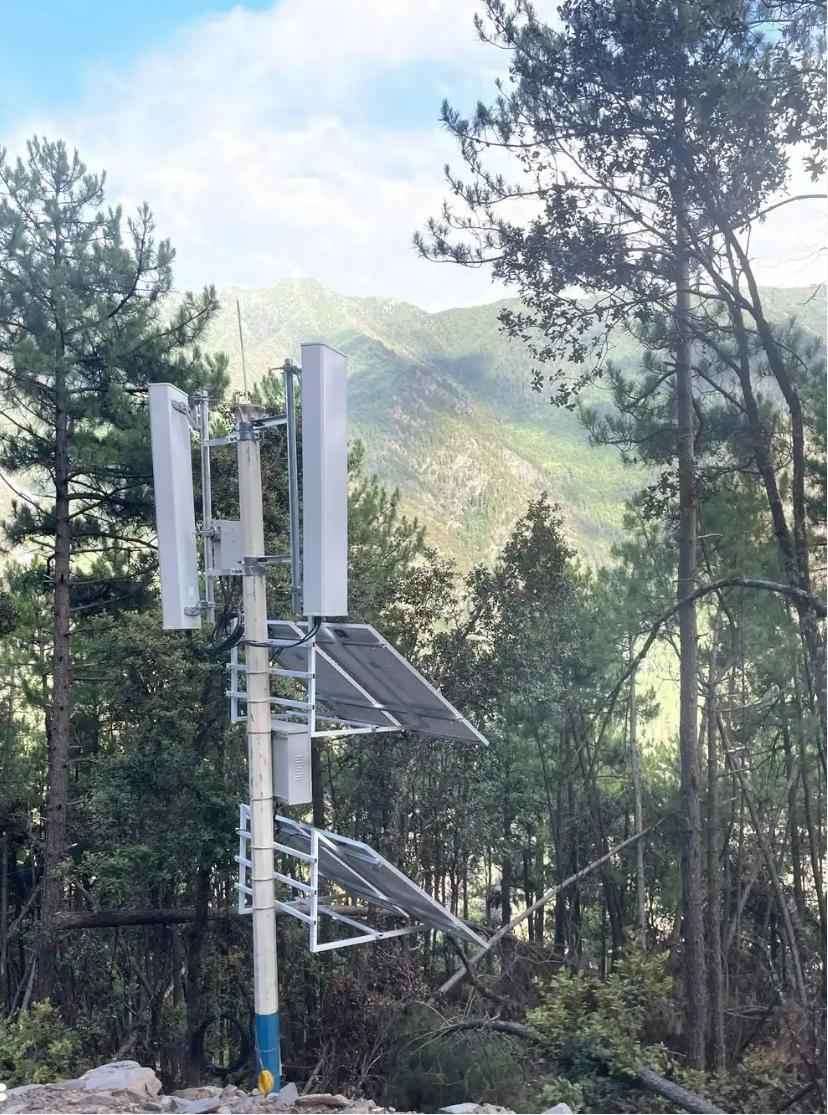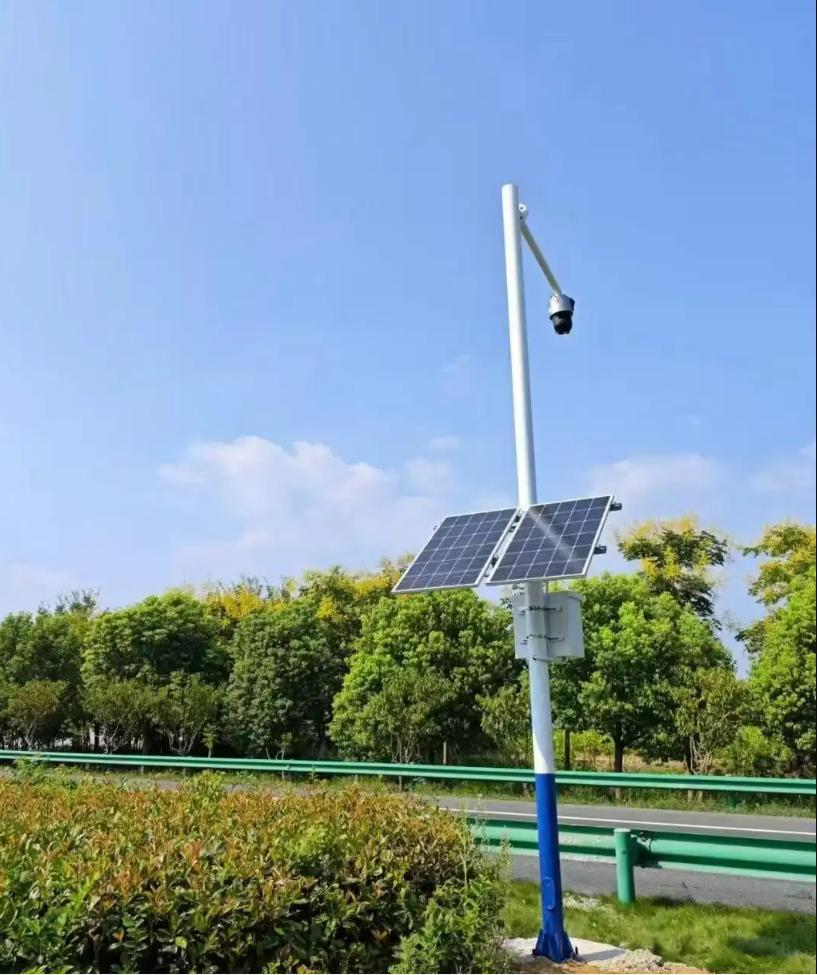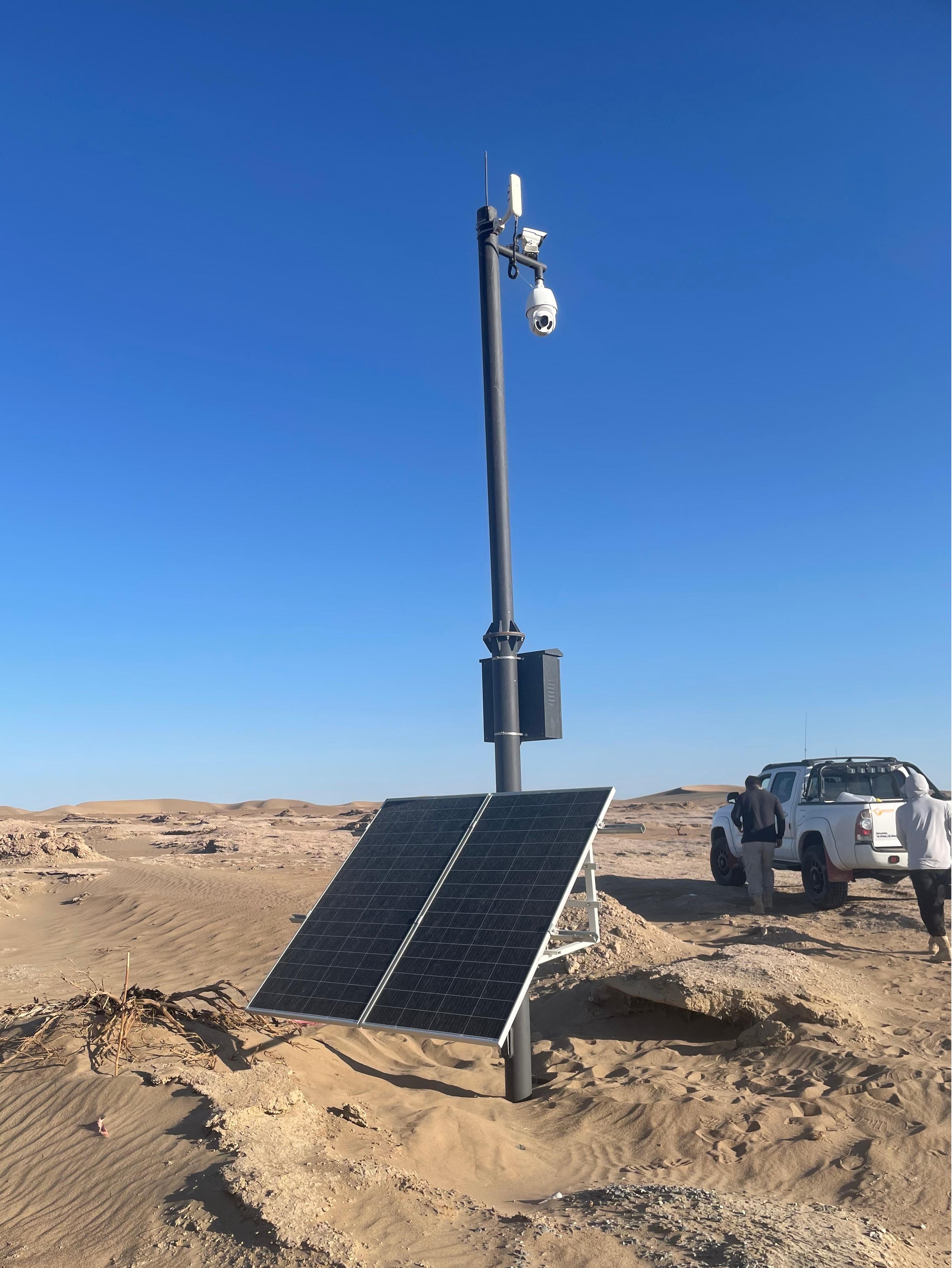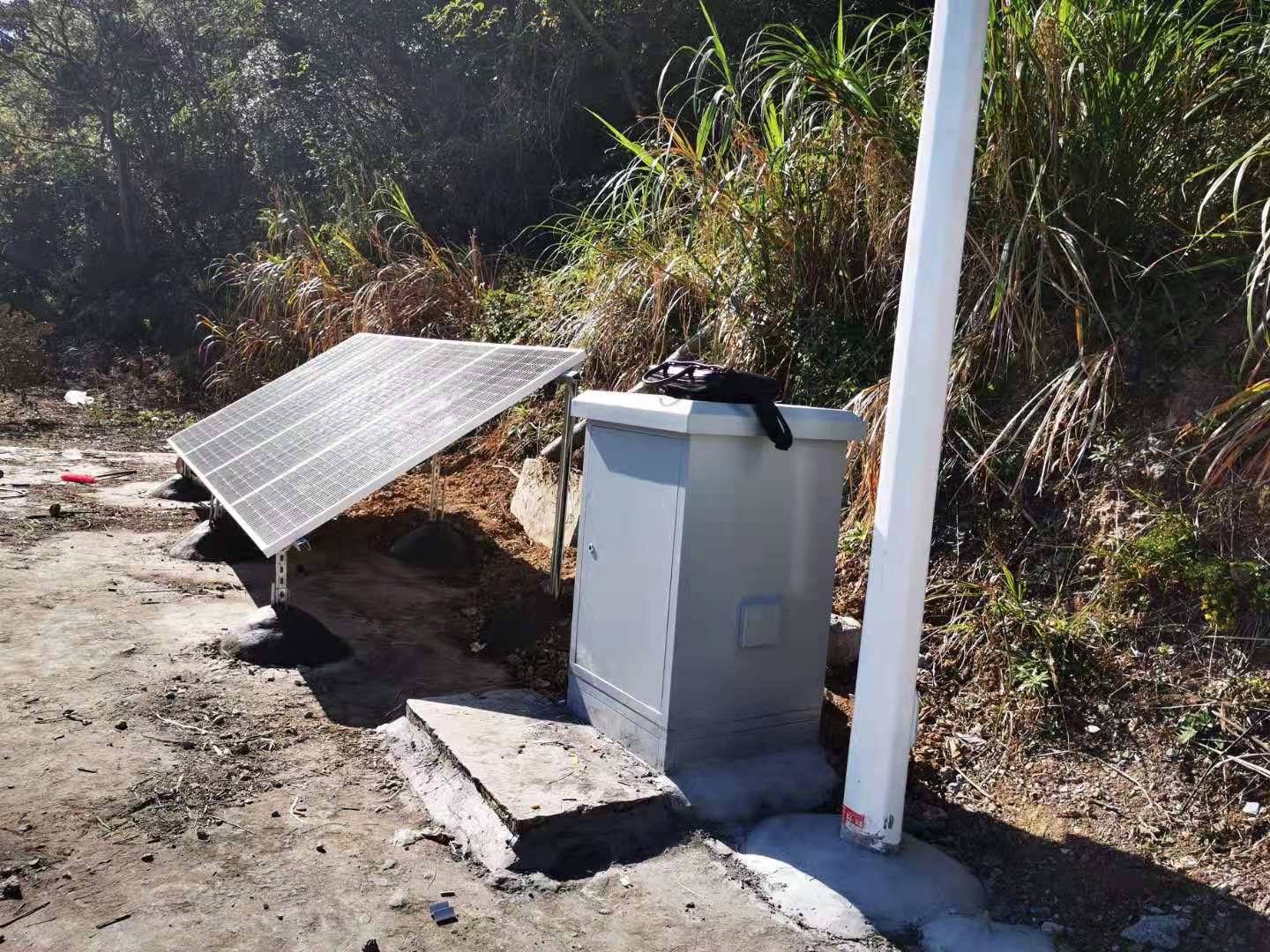Against the backdrop of increasingly significant global climate change, climate integrated observation projects have become particularly important. These projects not only require high-precision observation equipment, but also stable and reliable power supply to support their continuous operation. In this field, solar power supply systems are playing an indispensable role with their unique advantages.
Climate comprehensive observation stations are often located in remote areas where the power grid coverage is incomplete and the power supply is unstable, posing significant challenges to observation work. However, the introduction of solar power supply systems has perfectly solved this problem. It is not limited by geographical location and can continuously generate electricity as long as there is sunlight, providing stable and reliable power supply for observation equipment. Whether it is all-weather meteorological data collection or continuous monitoring of atmospheric composition and climate elements, reliable power support is indispensable.
The solar power supply system ensures that observation stations can carry out observation work normally at any time, providing accurate data for meteorological scientific research and climate prediction. Solar energy, as a clean energy source, does not produce any pollutants or greenhouse gas emissions during its use. The adoption of a solar power supply system not only meets the environmental protection requirements of climate observation projects, but also makes a positive contribution to promoting sustainable development. At the same time, solar energy is inexhaustible, and long-term use can reduce energy costs and reduce dependence on traditional energy sources. This is of great significance for the long-term stable operation of observation stations and environmental protection.
The natural environment where climate observation stations are located is often harsh, and may face extreme weather conditions such as wind, rainstorm, snowstorm, high temperature, low temperature, etc. Solar power supply systems usually have good protective performance and adaptability, and can operate stably in these harsh environments. Its solar panels and equipment are specially designed to have waterproof, windproof, lightning resistant, high temperature resistant, low temperature resistant and other functions, which can resist the impact of various natural disasters. Even on continuous rainy days, the solar power supply system can maintain operation for a certain period of time relying on the stored electricity in the battery, ensuring uninterrupted observation work. When natural disasters occur, such as rainstorm, typhoon, hail and other extreme weather conditions, the traditional power grid is often vulnerable to damage and power interruption. The independence of solar power supply systems makes them an ideal choice for dealing with such emergencies. It is not affected by power grid faults and can maintain the normal operation of the observation system at the most critical moments, transmit observation data in real time, and provide valuable information for early warning and emergency response. This resilience is crucial for improving the reliability and stability of observation systems. With the advancement of technology, observation equipment is developing towards intelligence.
The solar power supply system not only provides stable power supply for observation equipment, but also provides strong support for its intelligent and refined observation. Combining IoT technology and intelligent sensors, solar power supply systems can support higher-level observation network construction. From data collection, transmission to analysis and processing, the entire process is automated and intelligent, greatly improving the accuracy and timeliness of observations.
In summary, solar power supply systems play a crucial role in comprehensive climate observation projects. It not only solves the problem of difficult power supply in remote areas, but also embodies the concept of environmental protection and energy conservation, adapts to complex and changing natural environments, and improves the reliability and stability of observation systems. In the future, with the continuous advancement of technology and the expansion of application scope, solar power supply systems will play an important role in more fields, contributing to the construction of a green, safe, and sustainable social environment. Let us look forward to the solar power supply system creating even more brilliant achievements in the field of climate observation together!
Get quotation now!

